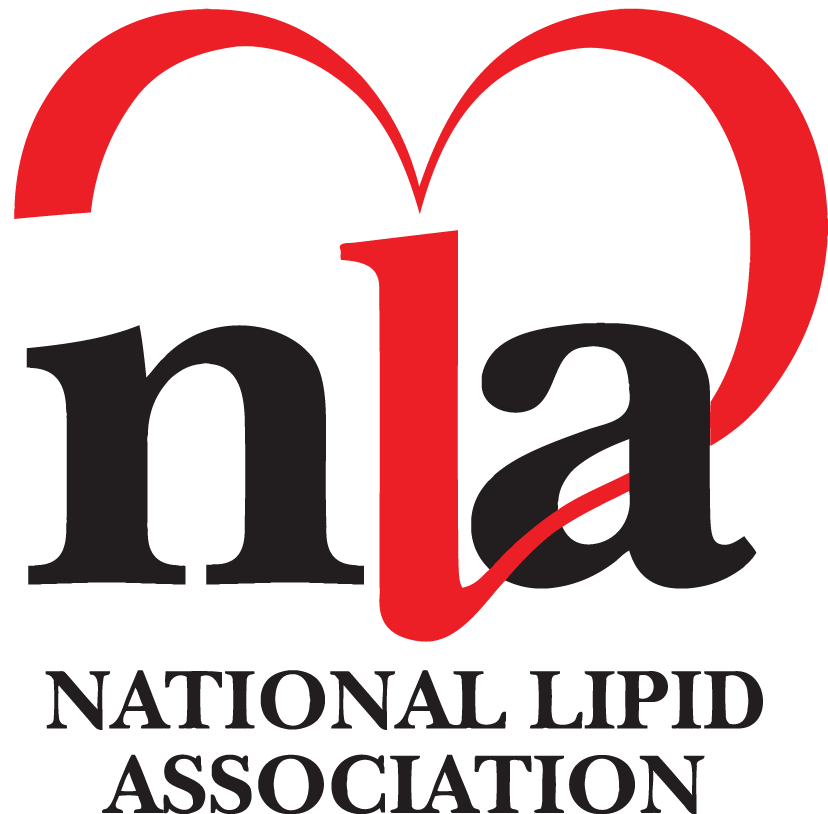Dyslipidemia, obesity, and atherosclerosis are complex and often life-altering conditions. As these illnesses, especially obesity, are becoming more commonplace, more individuals require specialized care. Through the Lipid Metabolism and Atherosclerosis seminar, which took place from September 28 to October 4, 2025, the OMI wants to further the education of young internists globally. We are beyond thrilled to be partnering with three world-renowned institutions in this endeavor: Weill Cornell Medicine, the International Atherosclerosis Society (IAS), and the National Lipid Association (NLA).
Heading the faculty cohort this week were none other than Dr. Antonio M. Gotto Jr., Dean Emeritus of Weill Cornell Medicine, leading expert in the field, and long-time OMI supporter, and Dr. Jessica M. Pena, Associate Professor of Clinical Medicine and Medicine in Clinical Radiology at Weill Cornell Medicine and Director of HeartHealth, the clinical cardiovascular prevention program of the Dalio Institute of Cardiovascular Imaging at NewYork Presbyterian Hospital/ Weill Cornell Medicine.
Dr. Gotto Jr. and his associates were the first to achieve complete synthesis of a plasma apolipoprotein (apo C-I); they also determined the complete cDNA and amino acid sequence of apo B-100, one of the largest proteins ever sequenced and a key protein in atherosclerosis. Dr. Gotto has played a leading role in several landmark clinical trials demonstrating that cholesterol-lowering drug treatment can reduce the risk for heart disease. With such a wealth of knowledge, the fellows were thrilled to learn from the internist. The course director has been serving the program since 1997, and this week marked his 14th participation. What an unbelievable commitment!
The remainder of the faculty cohort was made up of Dr. Alan S. Brown (Wake Forest University School of Medicine), Dr. Anne Carol Goldberg (Washington University School of Medicine), Dr. Katherine H. Saunders (Weill Cornell Medicine), and Dr. Michal Vrablik (Charles University, Czech Republic). We were also honored to host Dr. Florian Kronenberg, Professor and Head of the Institute of Genetic Epidemiology at the Medical University of Innsbruck, for a fascinating guest lecture on “Why should Lp(a) no longer be ignored?”.
28 keen minds from 20 countries attentively took notes during the 18 lectures, shared details about practices in their institutions, and presented their own cases. Some of the topics covered were dyslipidemia, atherosclerosis, obesity, Lp(a), triglycerides, exercise and nutrition, familial chylomicronemia syndrome, as well as nutrient-stimulated hormone therapies. Highlights of the course included, but were not limited to, learning about the past, present, and future of dyslipidemia with Dr. Gotto, Jr. and other faculty members, sharing clinical pearls and experiences with international colleagues, and outstanding lipid and cardiometabolic case presentations by fellows.
In a heartfelt statement, faculty member Dr. Saunders explained why she chose to return to the OMI to teach pro bono. She clarifies that “Teaching at this seminar is a tremendous honor that I look forward to all year. Obesity and the resulting cardiometabolic diseases are serious global challenges associated with significant morbidity and mortality, and there are extremely few providers trained to treat obesity effectively. My life mission is to scale and democratize access to evidence-based cardiometabolic care. I couldn’t be more excited to teach brilliant and motivated physicians from all over the world. It brings me great joy to empower the fellows to return to their countries armed with new knowledge, skills, and tools to teach their colleagues and transform their patients’ lives.”
The interactive workshop on challenging cases in lipidology allowed participants to discuss and prepare a clinical analysis of a case with the support of the faculty members. The workshop focused on improving the participants’ knowledge and skills in the management of patients with the genetic disorders of heterozygous familial hypercholesterolemia (HeFH) and homozygous hypercholesterolemia (HoFH), as well as severe hypertriglyceridemia. The participants appreciated the opportunity to take the official NLA exam right after the lectures on Friday, when the newly gained knowledge was still fresh in their minds.

Tamar Kvaratskhelia, MD, PhD
OMI fellow from Georgia
“We were divided into groups for a supervised case preparation with Dr. Brown. We had to put our knowledge into practice, applying everything we had learned about hypertriglyceridemia and its causes to construct a real case report. Dr. Brown’s advice on what truly matters in case writing was invaluable.”

Gloria Manyangu, MD, MSc
OMI fellow from Tanzania
“This course enabled me to achieve one of my career development goals. As a medical education coordinator at our hospital, I am confident that the skills and knowledge will have a positive impact on the establishment of a new lipid clinic at the Bugando Medical Centre.”

Jose Alfredo Puentes Lopez, MD
OMI fellow from Mexico
“I am sure that this course will strongly benefit my academic and clinical work in the field of dyslipidemias. The updated knowledge, interesting case discussions, and expert insights I gained will directly enhance my understanding of lipid disorders, their diagnosis, and management.”












